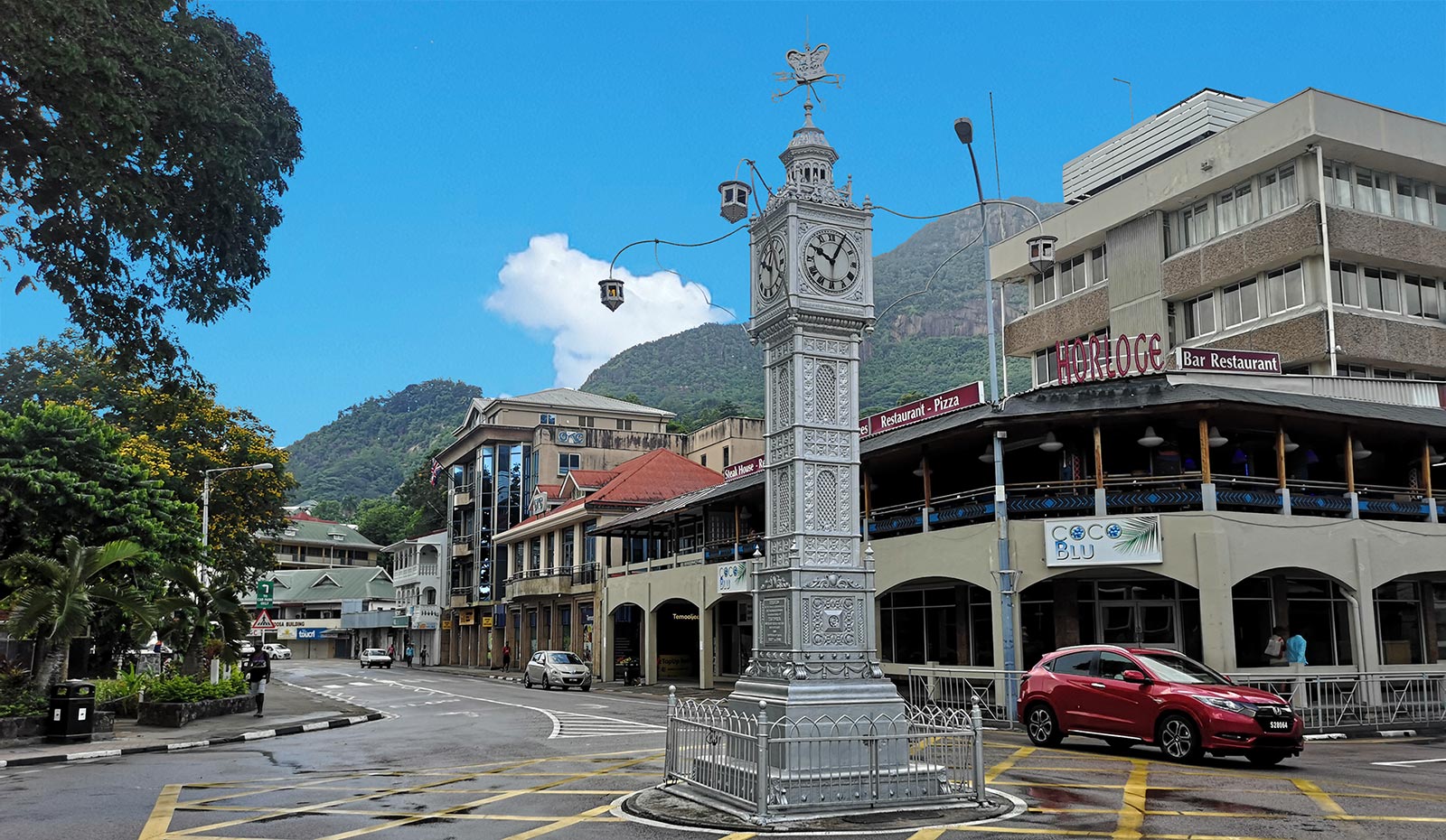02 Mar Zero Discrimination Day 2020
Let’s focus on citizens with disabilities
Zero Discrimination Day, observed each year on 1st March, may have gone unnoticed this year because it fell on a Sunday. The day, dedicated to the eradication of all forms of discrimination against persons affected by HIV/AIDS or health related issues, was first observed by the United Nations on 1st March 2014. But since then, it has become increasingly evident that we need to focus on the more universal nature of discrimination which exists in so many other fields, even in our own society. The work of the Ombudsman can testify to that.
Naturally, we should not lose sight of the first objective of this day which was to give meaning to messages and warnings on how to deal with HIV/AIDS and its health-related themes. But this year’s chosen theme sets the tone. It invites us to focus on eradicating all discrimination in our society against women and girls. And from that platform, I choose to go further.
Women and girls will remain in the spotlight throughout the year as international campaigns draw from the Beijing +25 Conference and the Commission on the Status of Women during this month. The campaign will seek to raise visibility for the challenges of discrimination against women and girls and will include women in all their diversity. I will encourage the national debate to focus on our women and girls living with disabilities, all too often overlooked as we focus on sex workers and those women living with HIV.
Our country can take credit for having long ago addressed many of the age-old discriminatory practices so prevalent in Africa. In the Preamble of our Constitution, our desire in 1993 to build a just, fraternal and humane society, led us to recognise equal and inalienable rights of all as the foundation for freedom, justice, welfare, fraternity, peace and unity. The Constitution’s Chapter III guarantees every citizen, regardless of gender, religion or race, these same fundamental rights, which include the right to pursue happiness free from all types of discrimination. Our Civil Code guarantees the same legal property and land ownership, inheritance and status rights, irrespective of whether we are born male or female. Our labour laws prohibit any distinction in terms of salary or work based on gender. Our education system and health services offer the same opportunities to our male or female citizens.
Even more importantly, Article 27 of the Constitution guarantees equal protection of the law to every citizen to enjoy those fundamental rights and freedoms “without discrimination on any ground except as is necessary in a democratic society.” In fact, the only possible departure from this fundamental principle is positive discrimination through a law, programme or activity aimed at improving the conditions of disadvantaged persons or groups. Disabled citizens, male and female alike, are such a group.
It is because we have all these guarantees set out in our Constitution that we need to reflect even more deeply today on the treatment offered our women and girls and our boys and men who live their daily lives with the harsh realities of disabilities, both physical and mental. Imagine walking Victoria’s pavements or sitting for an exam as a blind or visually impaired person, climbing onto a bus with crutches or just a bad leg, attending school confined to a wheelchair or even accessing the many medical services with physical impairments. These are only some of the complaints received by the Ombudsman lodged by our fellow citizens to whom ‘We the People’ have pledged equal opportunity and non-discrimination.
There is still much work to be done!
Nichole Tirant-Gherardi
Ombudsman



